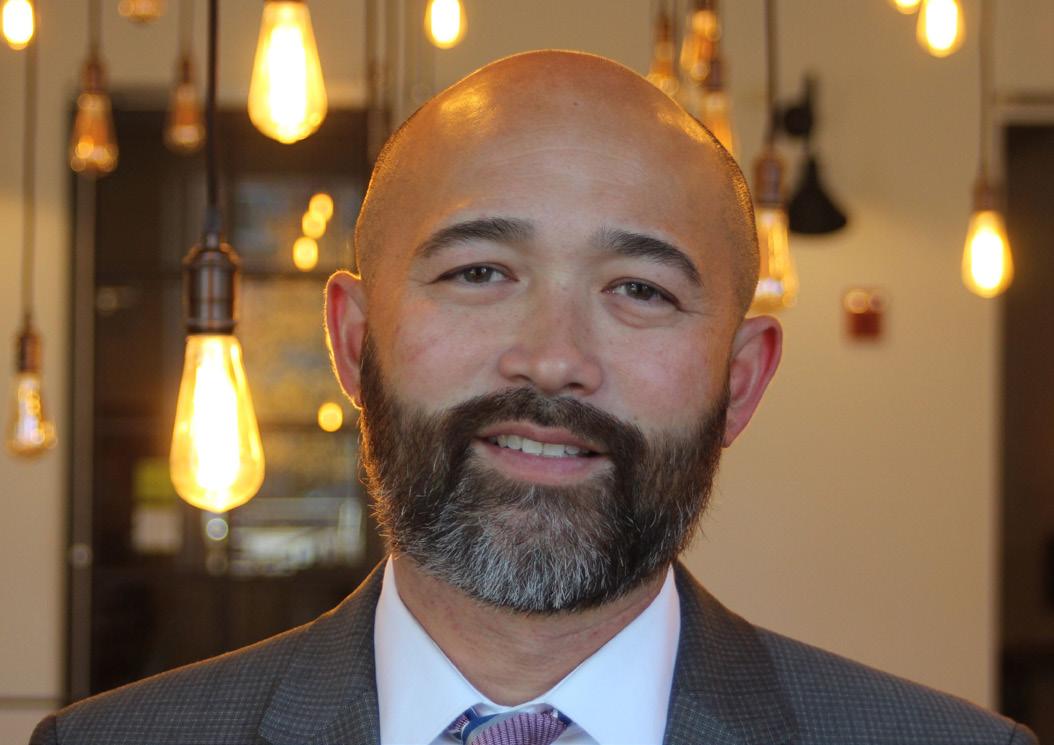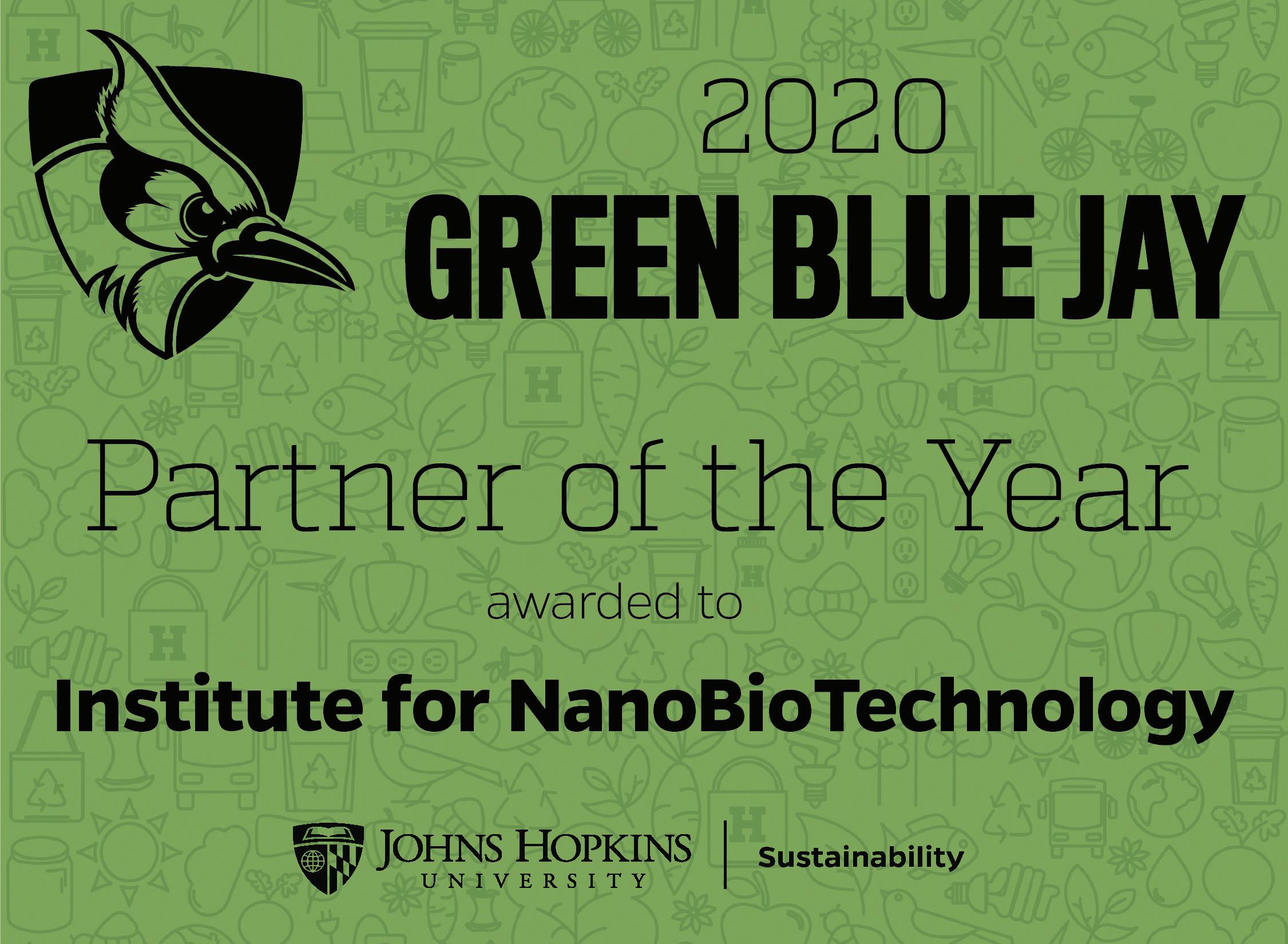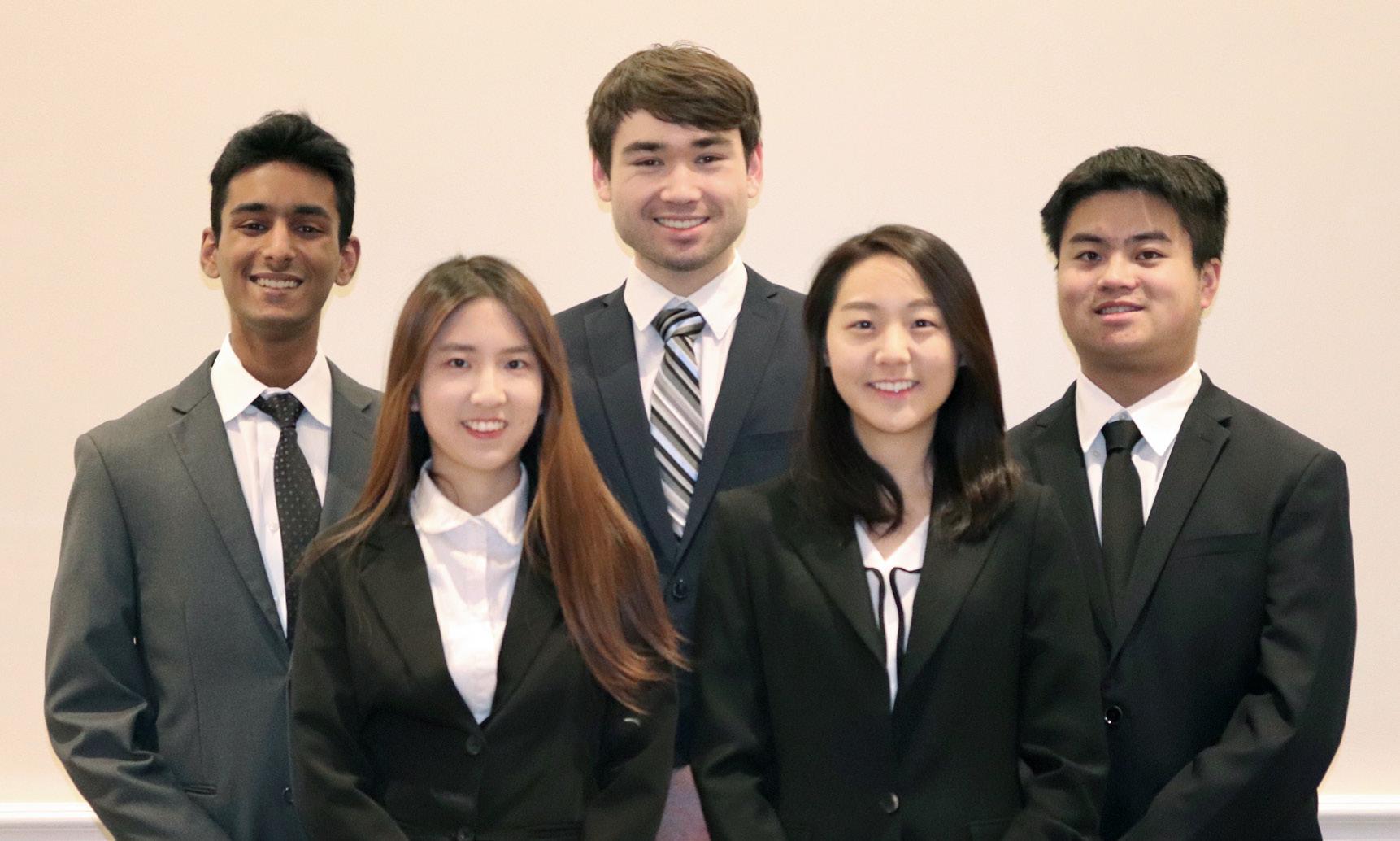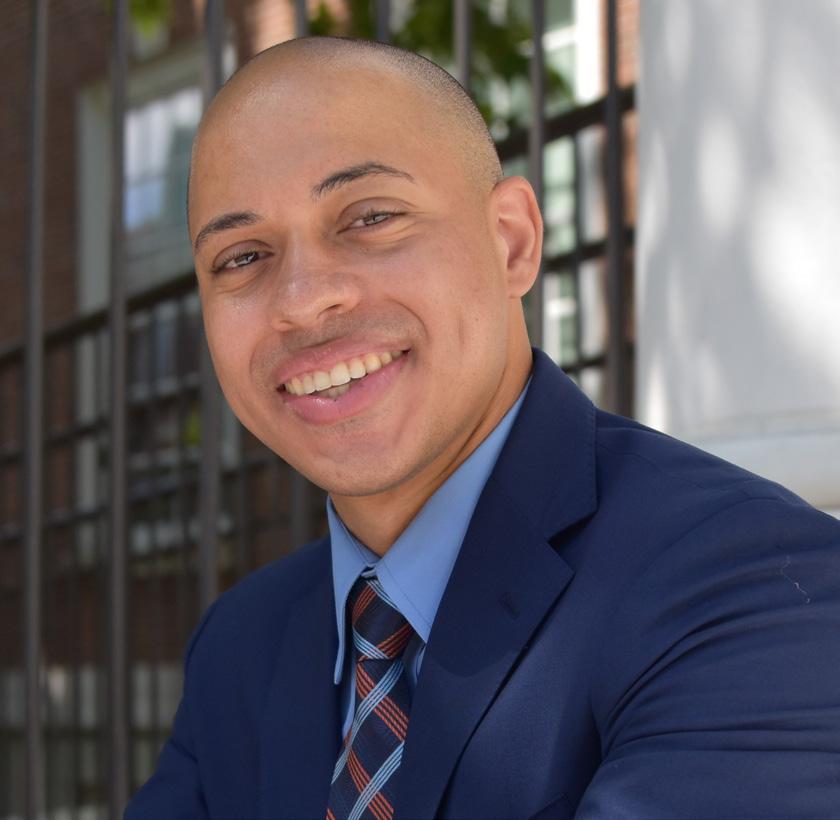
2 minute read
Q&A with Patrick Ho, Director of Life Science Technology Development
Tell us about your background and new role at JHTV.
I spent the last 25 years in biotech and commercialization, including genomic research and patent prosecution. I joined JHTV last year after spending 11 years in San Diego, California as vice president and chief business officer for the La Jolla Institute for Immunology, where I was responsible for intellectual property matters, business development, and corporate partnerships. JHU has over 500 invention disclosures a year and my role at JHTV was created to help identify promising intellectual property and move them forward. In addition to my role, the team has two technology development specialists. Together we serve as “intrapeneurs” and perform in-depth analysis and provide project management support for promising technologies.
Advertisement
Do you have an example you can share?
The technology development team worked closely with faculty member Christopher Heaney at the Bloomberg School of Public Health to facilitate the development of his lab’s salivary antibody COVID-19 diagnostic test. It was clear from the onset that the test’s sensitivity and specificity measure were extraordinary, but the path to commercialization using saliva as a biospecimen for large scale testing was unclear. Our team worked with Heaney to develop use case scenarios and product strategies for his diagnostic test, provided high level project management support to vet interested third parties, and help to ensure the project was prioritized in the university setting.
Can you share some insights into your ongoing work with our INBT faculty?
As most of your readers know, JHTV manages three translational grant opportunities: Bisciotti, Cohen, and Thalheimer. Together they are responsible for over $900,000 in annual funding for Johns Hopkins researchers. We receive far more compelling proposals than we can fund, but I have made a point to provide constructive feedback to all applicants about their proposals. This is a great way to support the faculty’s goals and to enhance the pipeline of future commercialization opportunities. Through this process I met Sean Sun, an INBT core faculty member and professor in the Department of Mechanical Engineering. Sun’s research on polycystic kidney disease (PKD) recognized the importance of the physiological properties of PKD cells and how they can be used to drive drug discovery and development. His idea is perhaps under appreciated by industry, which is often the case with most cutting-edge research. We screened 30+ companies working in or around the PKD field and profiled several higher priority companies for Sun to help him, and INBT, identify potential partnering opportunities. Finally, through our ongoing initiatives to prioritize research with potential for direct immediate impact to the COVID-19 pandemic, I met Jeff Wang, a core researcher in the INBT and professor in the Department of Mechanical Engineering. Wang’s miniaturized, rapid PCR diagnostic platform for infectious diseases is impressive. The high level of sensitivity and specificity observed with this device is a remarkable engineering feat given the miniaturization of the PCR sample volumes and use as a point-of-care device. We just started working closely with him and look forward to helping bring this technology to fruition.









